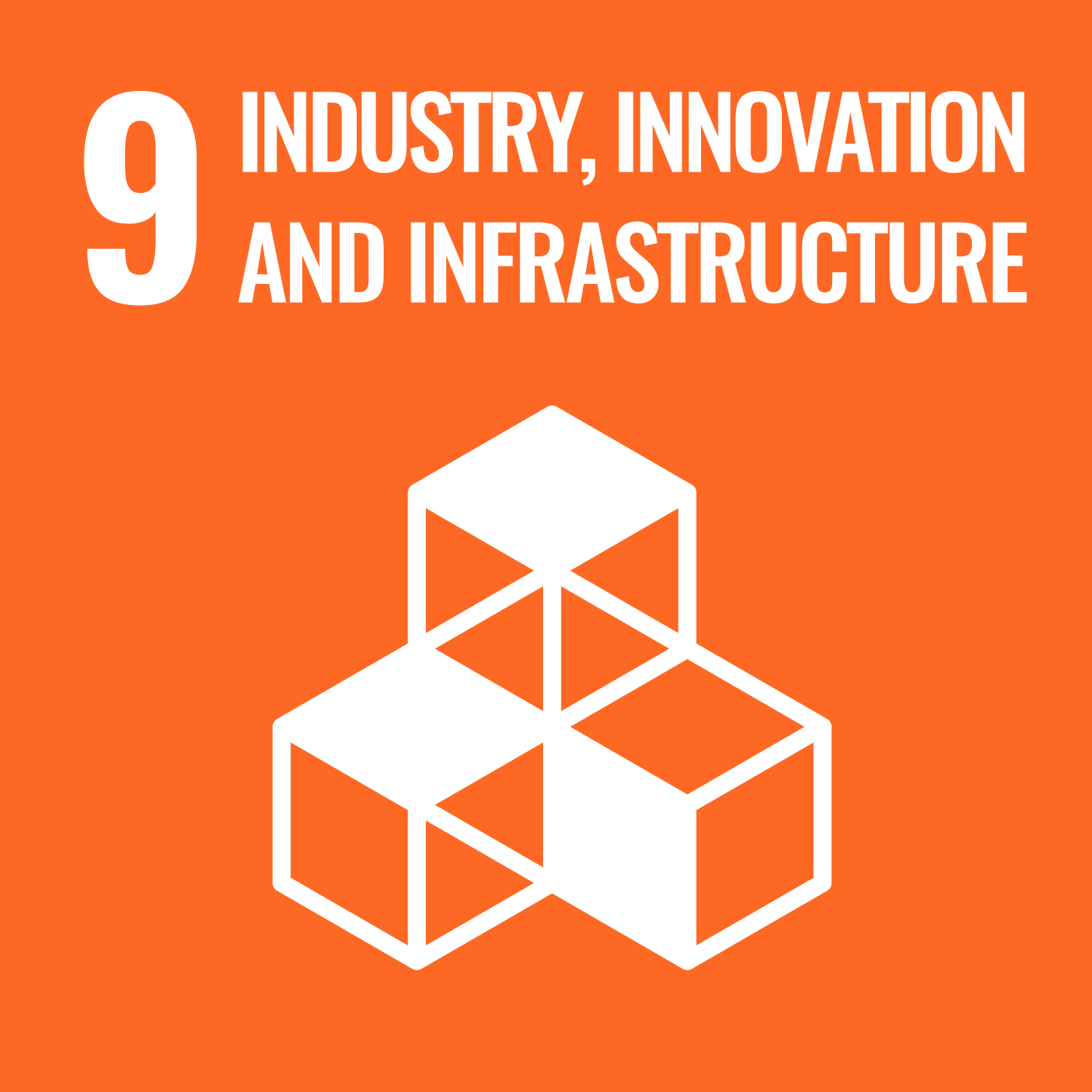ORCID
- SJ Childe: 0000-0002-9476-4209
Abstract
This study develops a theoretical model that links reconfigurable manufacturing systems with top management beliefs, participation, and environmental performance, drawing on agency theory and organizational culture. The study takes into account the possible confounding effects of organization size and organizational compatibility. Drawing on responses from 167 top managers, the results of hypothesis testing suggest that (i) higher top management participation, being influenced by top management beliefs, leads to higher chances of RMS becoming adopted by organizations as their manufacturing strategy; (ii) organizational culture moderates the relationship between the level of top management participation and RMS (and manufacturing strategies) adoption; and (iii) higher re-configurability of manufacturing systems leads to better environmental performance. Furthermore, we integrate Agency Theory and organizational culture to explain the role of top management beliefs and participation in achieving environmental performance via RMS. Finally, we offer guidance to those managers who would like to engage in leveraging top management commitment for achieving environmental performance, and outline further research directions.
DOI Link
Publication Date
2017-01-10
Publication Title
Journal of Cleaner Production
ISSN
0959-6526
Acceptance Date
2016-09-06
Embargo Period
2017-09-09
Recommended Citation
Dubey, R., Gunasekaran, A., Helo, P., Papadopoulos, T., Childe, S., & Sahay, B. (2017) 'Explaining the Impact of Reconfigurable Manufacturing Systems on Environmental Performance: the role of top management and organizational culture', Journal of Cleaner Production, . Available at: 10.1016/j.jclepro.2016.09.035


